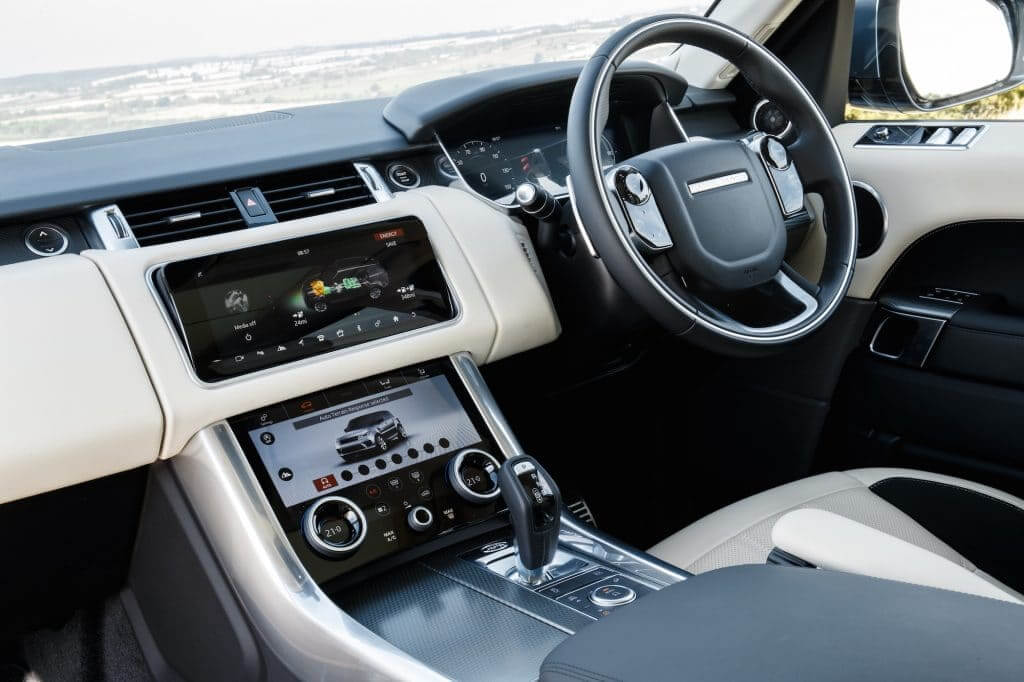Jaguar Land Rover is developing technology that can adapt a vehicle’s settings if it senses that a driver or passenger is suffering from motion sickness.
The British firm has already done around 15,000 miles of testing for the illness, and created an algorithm that can work out a ‘wellness score’, which can then detect if an occupants is feeling unwell.
Depending on the wellness score, automatic changes can be made to the car’s dynamics and interior to help reduce the effects of feeling sick by as much as 60 per cent.

This score is calculated by biometric sensors that record signals from a passenger and driver. The firm claims that it will be able to work out if someone is becoming ill before they actually feel so themselves.
JLR will compete the first phase of testing for this later in the month, with the manufacturer set to continue developing the technology before it’s implemented in future Jaguar and Land Rover models.
Motion sickness is caused when there is differences between what the eyes observe and what is sensed in the inner ear or skin, which is usually brought on by reading.

Autonomous technology could help to play a big role in reducing the effects of motion sickness on motorists in the decades to come.
Spencer Salter, wellness technology researcher at JLR, said: “As we move towards an autonomous future where occupants will have more time to either work, read or relax on longer journeys, it’s important we develop vehicles that can adapt to reduce the effects of motion sickness in a way that’s tailored to each passenger.”
The firm has already done its small bit to tackle nausea, with models such as the E-Pace crossover having 26 different seating positions, with one of the key aspects of this being having the infotainment screen at eye level. Adjusting a car’s dampers can also reduce the likelihood of nausea, too.


